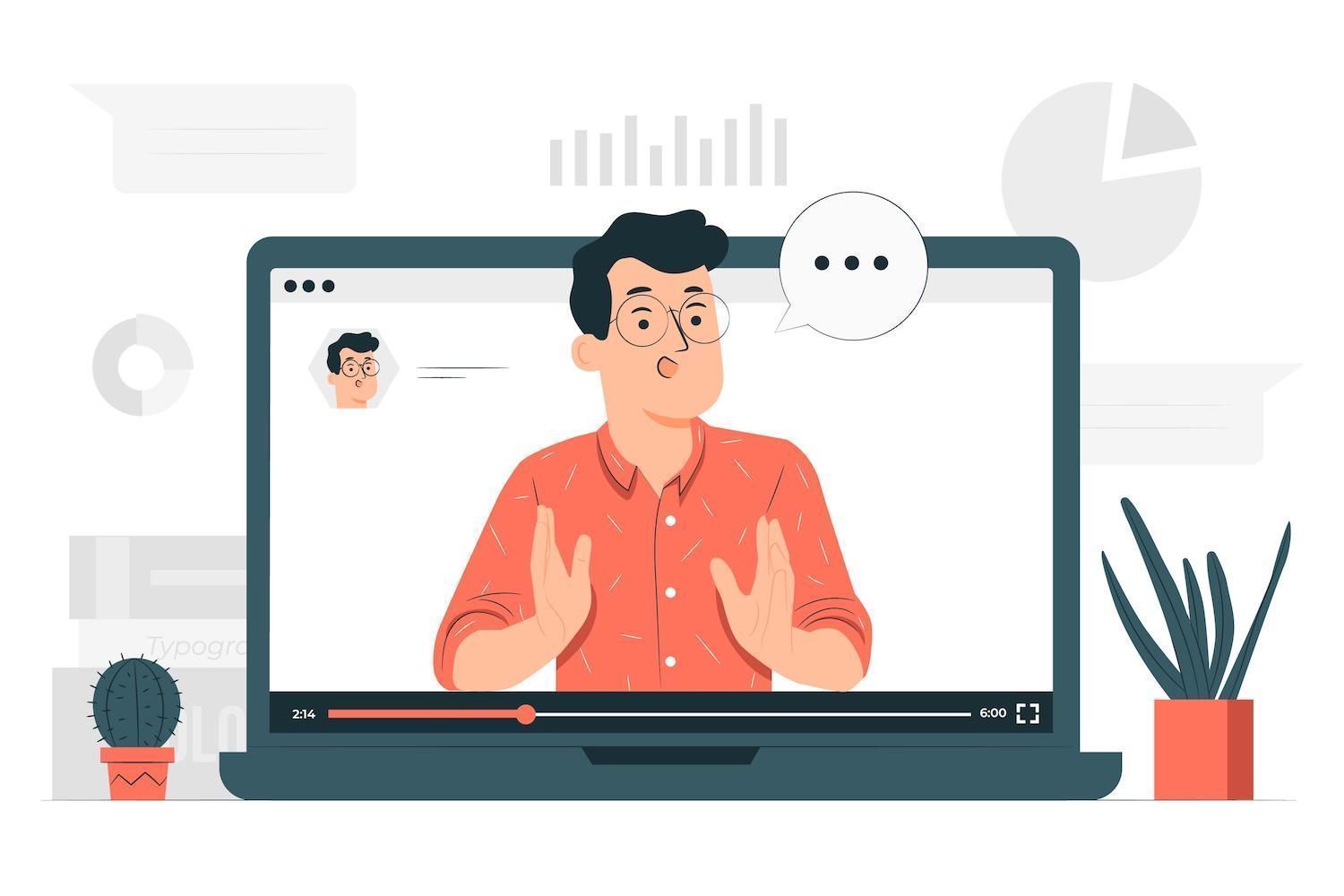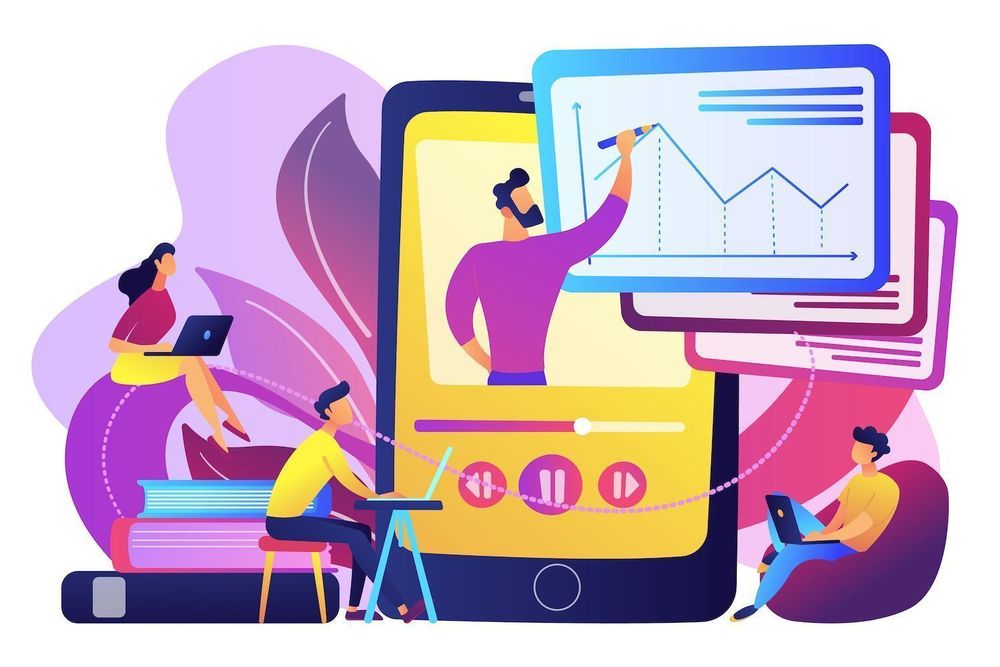What's the Epic demands for App Stores What else games creators really want? -
In a time when mobile games and mobile apps creators battle to keep their businesses on the right track with duopoly taxes 30 that means gamers have to contribute a large amount of revenue earned by games on mobile across the globe, Epic Games has emerged as the most reputable gaming enterprise with a goal of opening new possibilities for mobile gaming.
The group of players privately asked large and small game companies what they'd like to see within the game. Here are the answers they received.
Background: The slow death of Open Computing, and the 30% tax on applications
The computing world has never been as accessible as it is now. The industry of video games and its creators relied upon the technology of computers, which was available for available for free on PC and Mac platforms. It allowed game designers to make games the way they'd like, enjoy close relationships with their clients and select the most appropriate payment methods for their game. There was no need for security personnel. All you needed was computers and players. How we live our lives is changing.
At present, over half of the time that screens are utilized for computer use is done via mobile devices, and the proportion is growing. Furthermore, almost 100percent of the smartphone market is equally split among Apple in comparison to Google. With the rise of smartphones and the limitations on distribution of games and web-based commerce, the future of open computing is more at risk than ever before. The result is significant expense to consumers as well as those who develop games and apps.
In this instance, the two Google as well as Apple's App Stores are charged a monthly fee of 30percent on any games which are available through their respective platforms. Apple is the sole company to offer gaming distribution and online shopping via iOS devices. However, Google allows OEM marketplace applications, as well as integration of games into mobile devices. It does not allow payment through third-party games to games offered via Google Play.
Google Play does offer a integrated payment feature which businesses which are not associated to Google Play can make use of to a limited percent of game creators via"user choice billing. " user choice billing" trial. However "user preferred billing" has high cost that could vary between 26% and 36%, regardless of whether you choose to make use of the service by yourself. You are responsible for all risk and liability for paying.
The result of Apple as well as Google's control over large portions of the market worldwide for computing is a tax in addition of thirty percent for mobile gaming and applications that is paid by players. The tax has detrimental effects on game developers, thereby slowing down the accessibility of computing and the commerce. Due to the negative effects of open computing each game's creator think they need to change their methods.
What's it about games that creators don't have? Epic?
The group embarked on a long trip that only lasted a few minutes to talk with studios big as well as small in order to discuss things which they'd prefer to changed to rules for mobile games. Though not all were completely agreed regarding all aspects of the discussion Here are three points they talked about as a group that they'd love to see:
1. iOS to support sideloading games which do not show scare screens.
iOS is restricted to specific times "sideloading" applications as and games after they've been downloaded via the App Store, on the website of the creator or from a market other than the one they're on. It allows players to buy, and developers to create their games available in any manner they like, in addition to the rules that they're willing to follow. Android lets sideloading apps along with games that come with warnings in the form consisting of "scare screens" warning users of mobile phones about the risks which come from "downloading apps from websites." Most game developers that we talked to were of the opinion that Apple may let sideloading be permitted as well. Apple as well as Google should not make use of huge screens that self-serve and denounce the availability of apps from other websites that have their own stores for apps.
2. Unrestricted "steering" and embedded payments paid through third-party systems of payment.
Both Google and Apple both have price limits, as well as the payment options provided by the third party payment service providers that are not available in apps marketplaces. Most likely, items are available for purchase for a reasonable price to for the purchaser, however game developers cannot direct players towards these payment options or link to different payment options or add the services of an external source into their games. A lot of game developers have spoken about the advantages of stores. The primary reason of it being to provide gamers and users the opportunity to choose and avoid the limitations of payments.
3. It's free to steer. embedded payment.
The ability to allow control and payment to be integrated into the system is a interesting feature. The method Google is doing it with"user bill option" is fascinating "user bill options" pilot. The ability to perform tasks as well as the desire to earn financial reward for the purpose are two separate aspects. The trial is a test of "user bill options" which has a price of $26 on transactions that are made through third-party payment providers is in addition to the cost of their service that isn't a benefit for the vast majority of creators of games. The game developers we spoke to considered that 0 is the most affordable cost for transactions that aren't able to be obtained through apps stores. All of them were likely to give different rewards in exchange for players in exchange to games, which would encourage game downloads and the utilization. But the percentage of 26% for every third-party transaction over the period doesn't match the notion that the creators of the game thought it that it was a good idea.
What's next?
There's a myriad of particular and nuanced concerns about the way applications function. And, while developers are eager to speak about. The three most important demands form the foundation of what they consider to constitute the most important changes to open computing for mobile devices.
About

David Nachman David is the director of the well-established and respected full-service firm in E-commerce solutions for software companies. David is in charge of managing the growth of the company based upon its long track record of providing the most efficient e-commerce solutions to the ever-growing market of software. Over the past twenty decades, David worked in a variety of positions like functional vice-presidents and CEOs of companies that have rapid growth, such as Vision, Velocify, and HireRight.
The first time the article was published, it appeared on this site.
This post was first published here. the website
The article was posted on this site
Article was posted on here
Article was first seen on here
